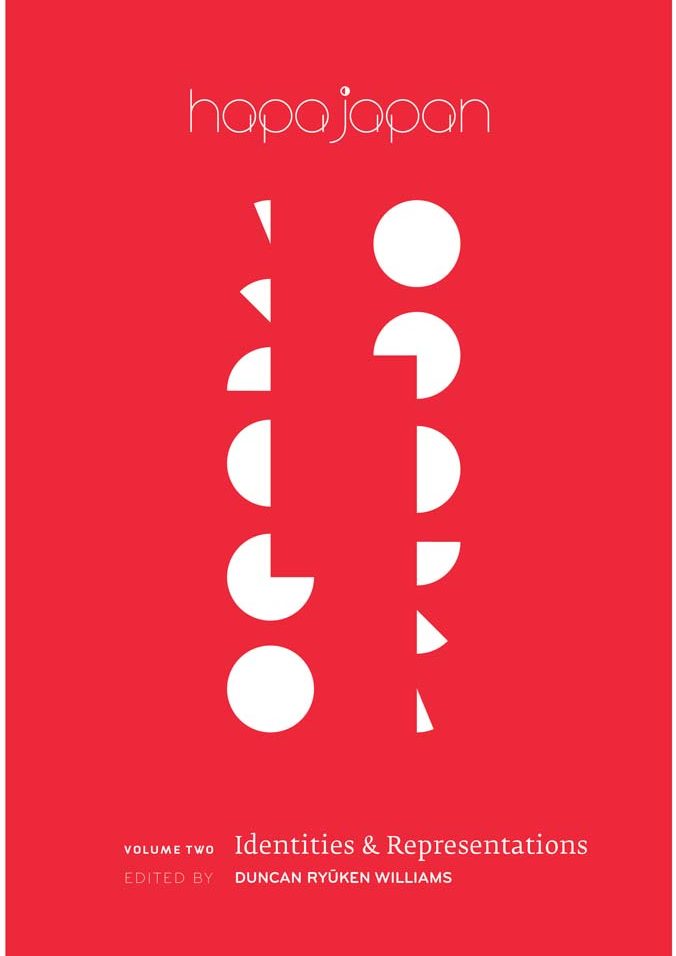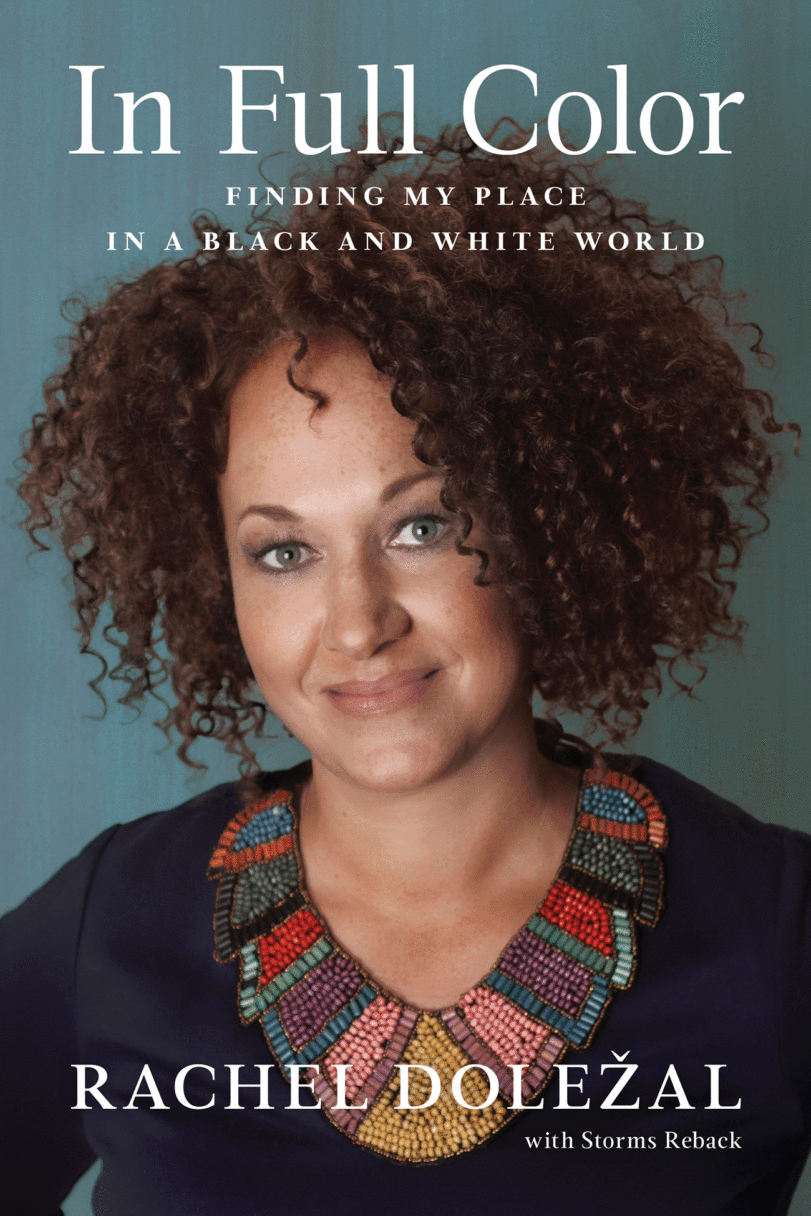A few minutes with … Adebe DeRango-Adem
Open Book
2017-02-21
Throughout my month here at open-book.ca I’ve been sharing my conversations with various members of the literary community. Our last conversation is with noted poet, Adebe DeRango-Adem. To learn more about her current collection, Terra Incognita please visit here or her Facebook page.
DS:
In the description for Terra Incognita, I noticed the phrase, “geography is fate.” Since I’ve moved to Canada, artists, authors, musicians and academics I’ve known from the black community have migrated to the US. As a person who has lived on both sides of the border, what is the fate of the black Canadian intellectual in the United States? What are the opportunities that can only be found there?
ADA:
I’m still busy building my audience/readership in United States, since most of my affinities/ties in the literary world have tended to be in Canada, more specifically in Toronto. The last few years have seen my life become a moment where art imitates life (imitates art). The publication of Terra Incognita coincided with a turn of events that left me in a relative state of exilic questioning, both in terms of my geographic displacement (being between cities, namely New York, Philadelphia, and Toronto), but moreover the turn of events that offered an unknown territory through which I had to find new ways to resolve to keep going. The one thing I will give credit to the United States for, in the literary sense, is the palpable & intimidating feeling you get from practically everyone you meet – a drive towards success. A lot of people want to be successful in United States & the states has a lot of successful people; as such, the hunter kind mentality rubs off even on the most humble of poets. I do see certain opportunities in the US coming my way, namely through the poets who I have either worked with – Ameri Baraka, Ann Waldman, Sonia Sanchez, Charles Bernstein, and the estate of Langston Hughes (The first poem I ever read on American soil was at the house, actually the living room, of Hughes’s home in Harlem) – or who I would like to work with at length – Claudia Rankine, Terrence Hayes, & about twenty talented writers of color. The way things are going these days for arts funding in the US is a bit precarious, so the word opportunity is largely a big question mark. However the general feeling of desire, and the willingness coupled with the ability to network and get out there, puts a lot of American poets at an advantage. It’s a mentality, modality of being/way of thinking, that can be used to walk through the fire & surge ahead with ones literary dreams…
Read the inter interview here.






